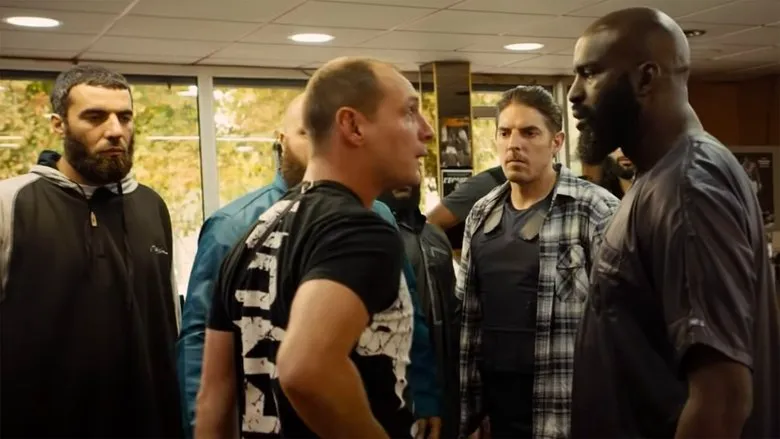Les Misérables: A Tragedy Lost in Song?
The story begins with Fantine, a factory worker, cast out and forced to sell herself to provide for her young daughter, Cosette. Jean Valjean, a former convict and vagabond turned mayor, is moved by Fantine’s plight and, in a swift act of compassion, decides to take Cosette under his wing. Years later, Cosette falls in love with the politically engaged student Marius, while his comrades rally at the barricades. Meanwhile, Inspector Javert relentlessly pursues his long-held ambition: to capture Valjean.

The adaptation of tragedies into musicals is a questionable practice. Despite the actors’ best efforts to convey suffering, the moment they burst into song, the tragic essence crumbles. Their faces contort in such exaggerated expressions of anguish that it feels less like singing and more like they’re straining to pull a truck with a rope. As a result, it becomes difficult to take the proceedings seriously. Arguably, only “Jesus Christ Superstar” has successfully navigated this genre, largely because it offered a progressive, era-appropriate perspective on the New Testament. “Les Misérables,” however, lacks any such viewpoint to justify its existence.

Performances and Production
Anne Hathaway’s character meets her end within the first half-hour of the film, barely given a chance to develop. Yet, this performance earned her a Golden Globe, and an Oscar seems likely to follow.
The filmmakers emphasize that all arias were recorded live on set. Interestingly, both Hathaway and Seyfried have previously sung duets with Hugh Jackman during past Academy Awards ceremonies.
A Director’s Vision
Following “The King’s Speech,” it was evident that director Tom Hooper possessed a certain skill, albeit one prone to lapses in aesthetic judgment. While the historical constraints of the film about the stammering monarch kept him in check, Hooper approached “Les Misérables” with a “king of the world” mentality, believing he could elevate any genre. To his credit, the set design and costumes are executed to a high standard. The casting choices are also commendable: Hugh Jackman, Russell Crowe, Anne Hathaway, Amanda Seyfried, and Eddie Redmayne are all capable singers and expressive actors. Unfortunately, they rarely manage to combine these talents simultaneously. Each aria stretches on endlessly, while the plot either stalls or accelerates abruptly. Viewers must pay close attention to the lyrics, as crucial plot points are often glossed over, while the characters’ emotional turmoil is described in elaborate detail.
As the actors hold yet another interminable note, one can’t help but fixate on their vibrating tonsils. Russell Crowe’s, in particular, appear remarkably red.